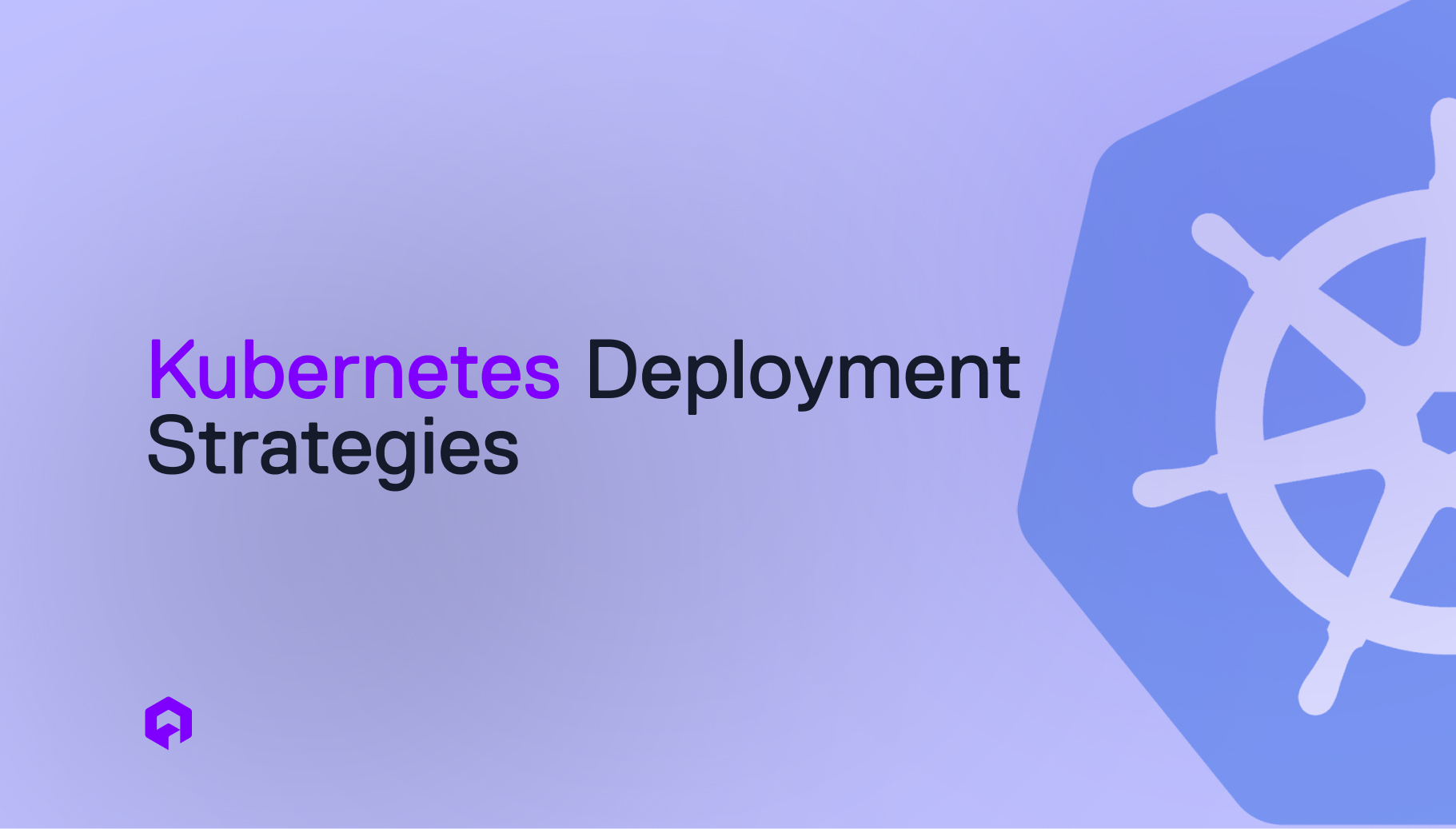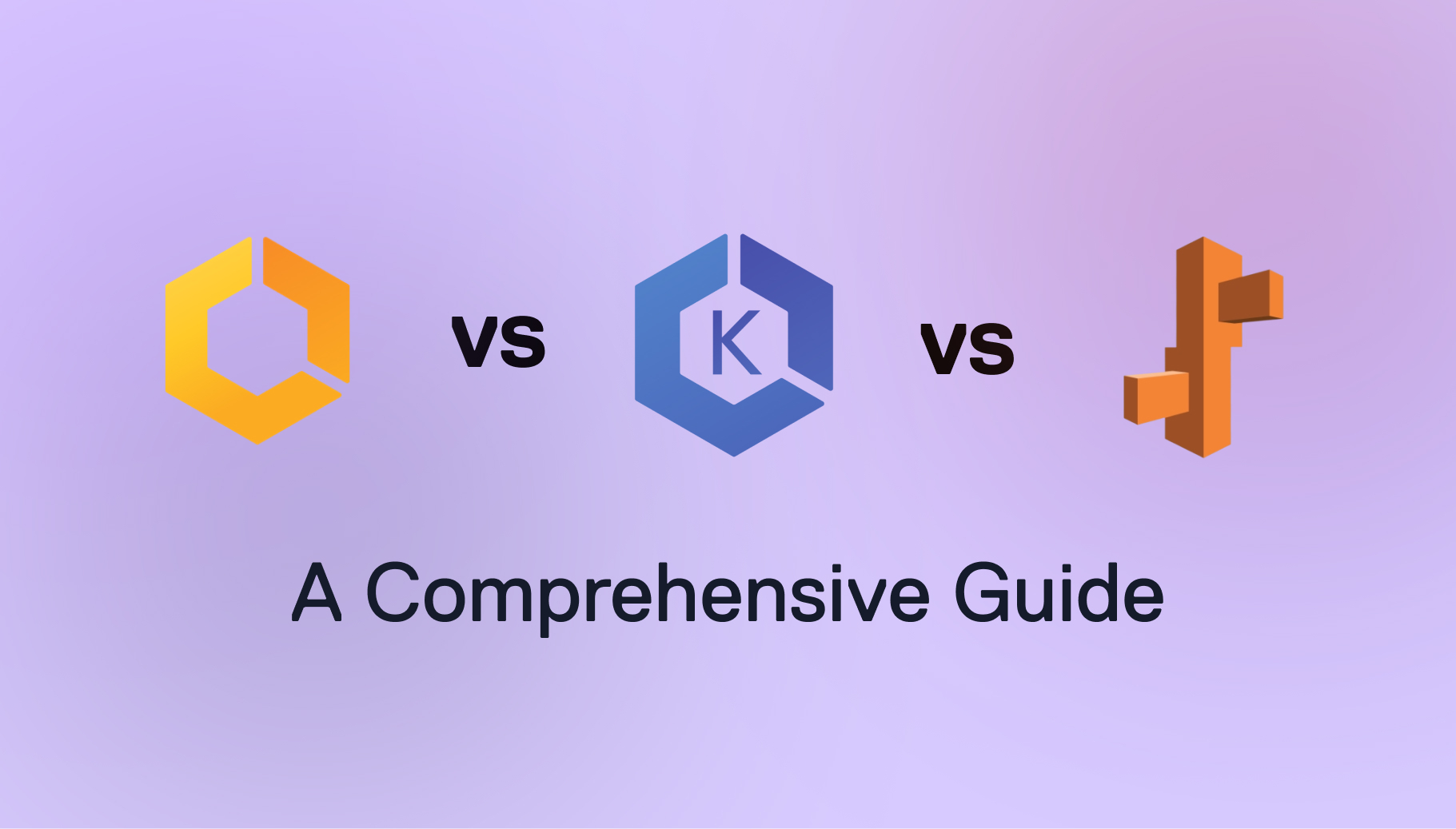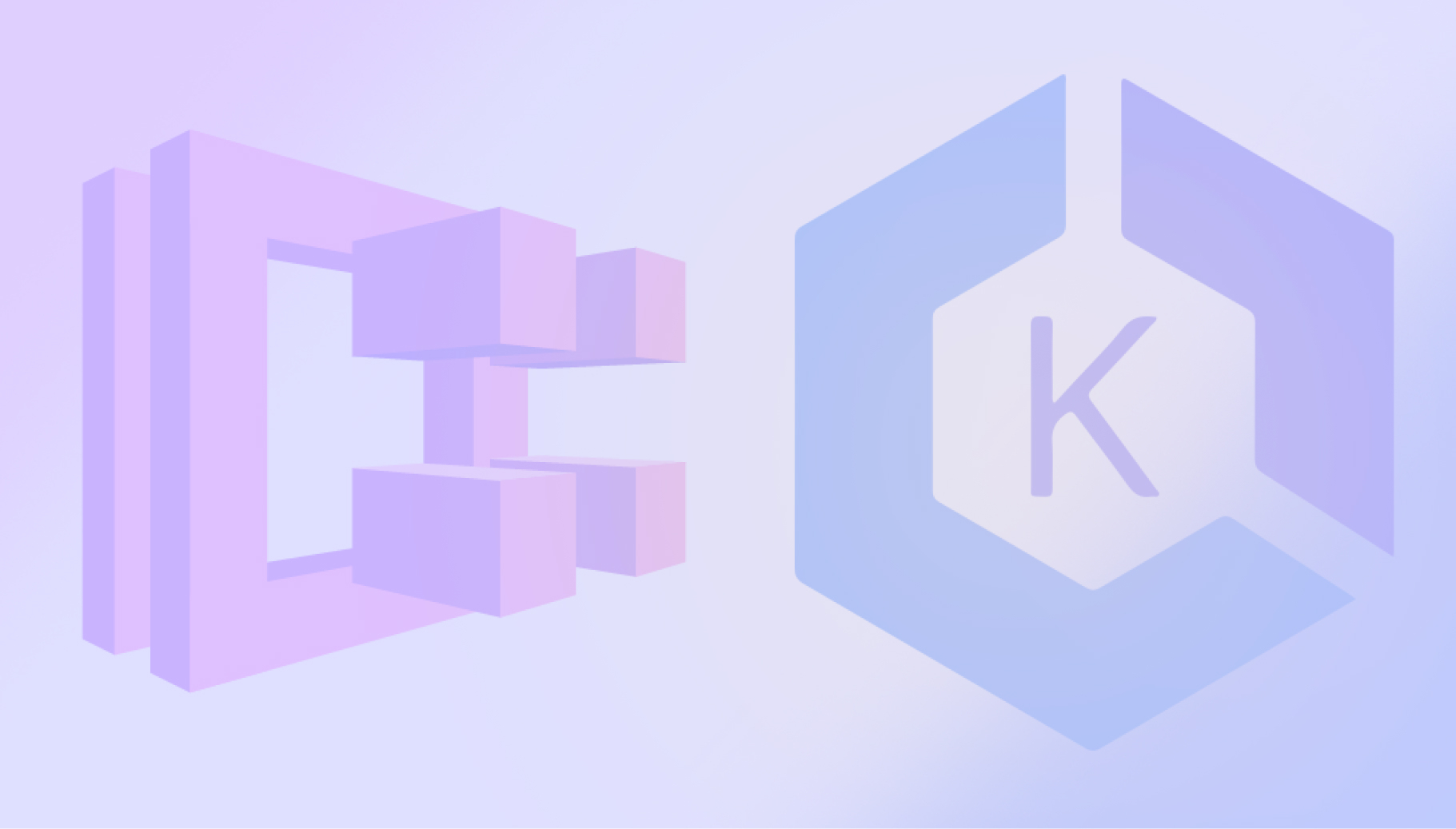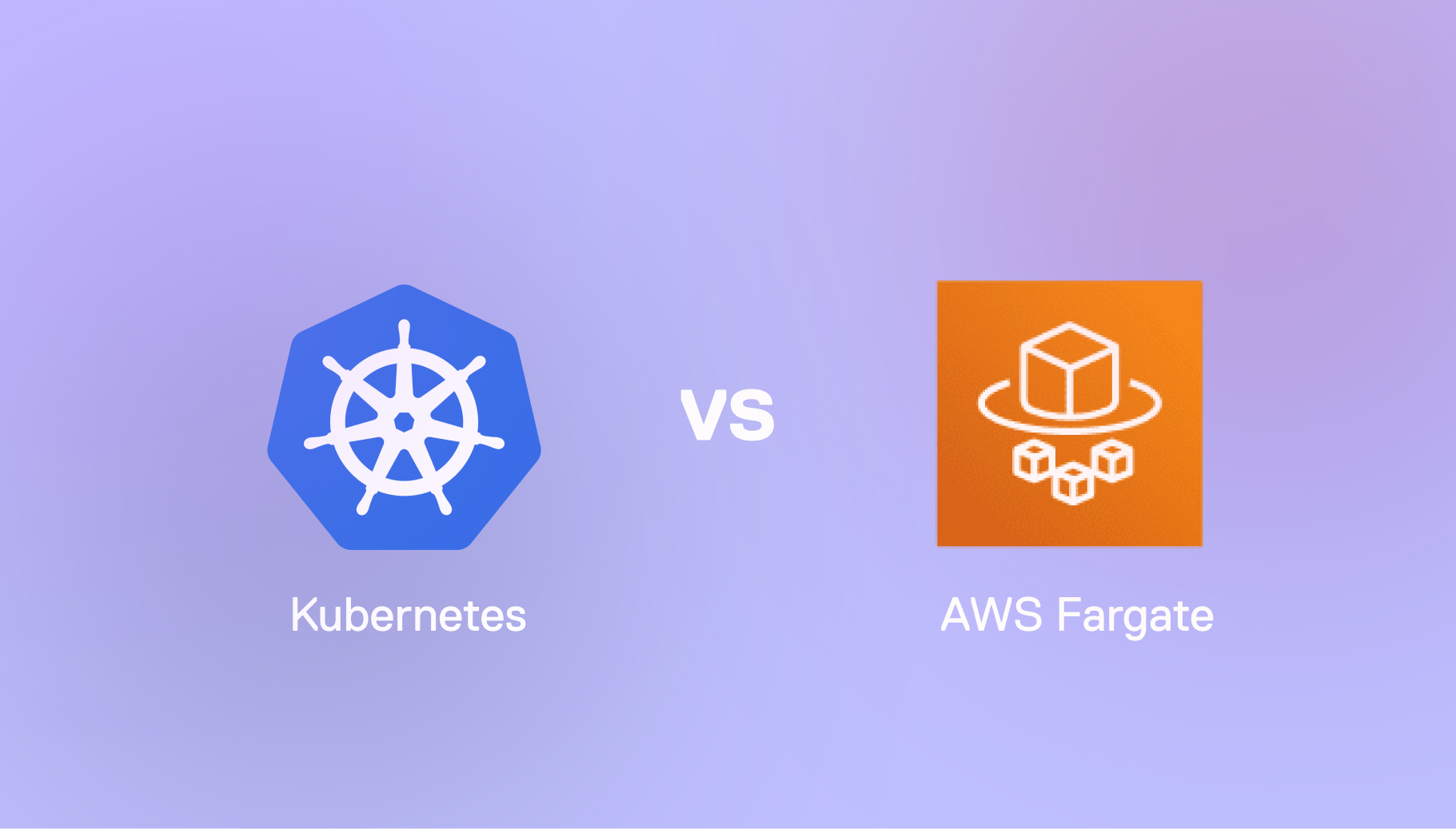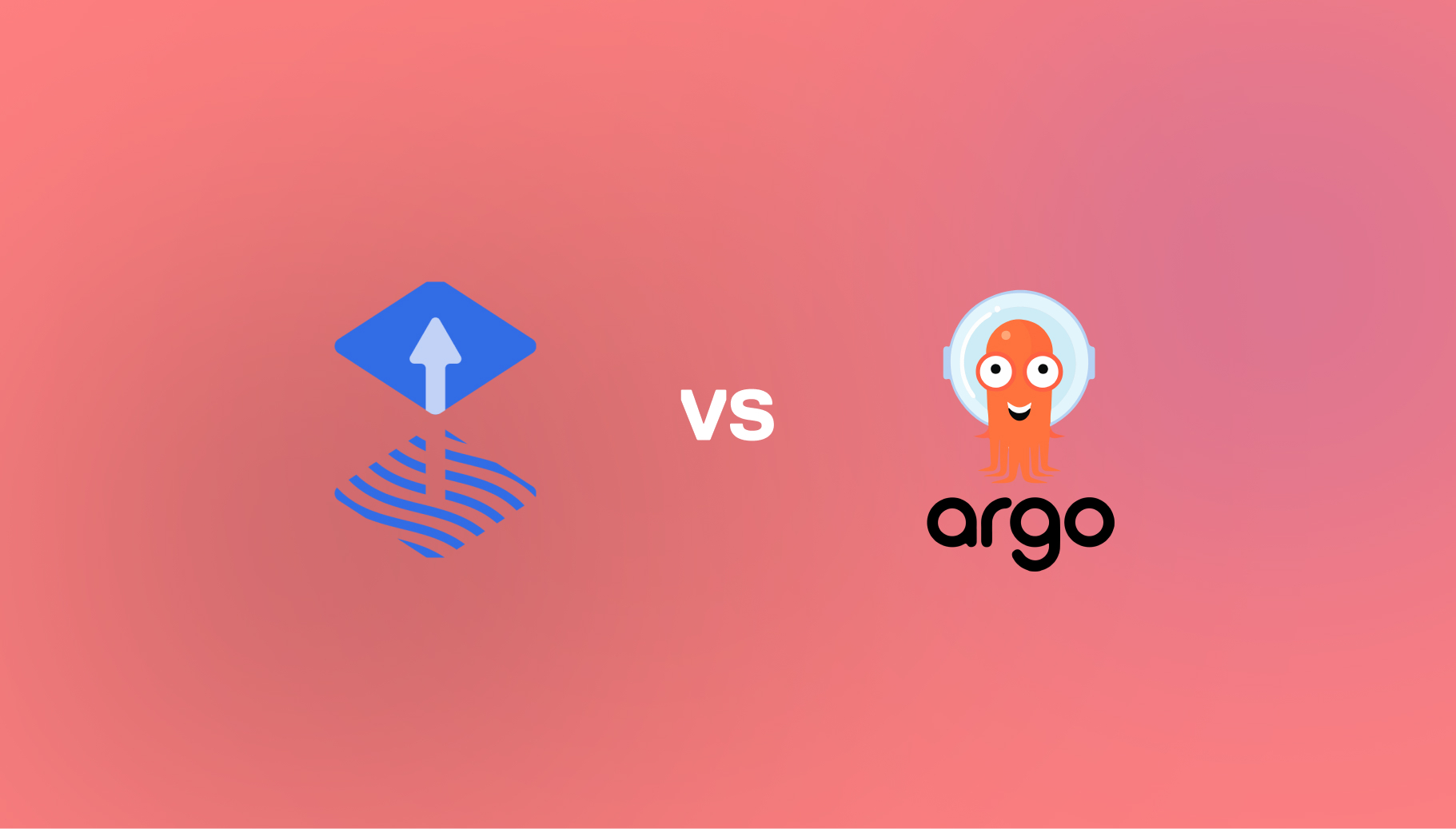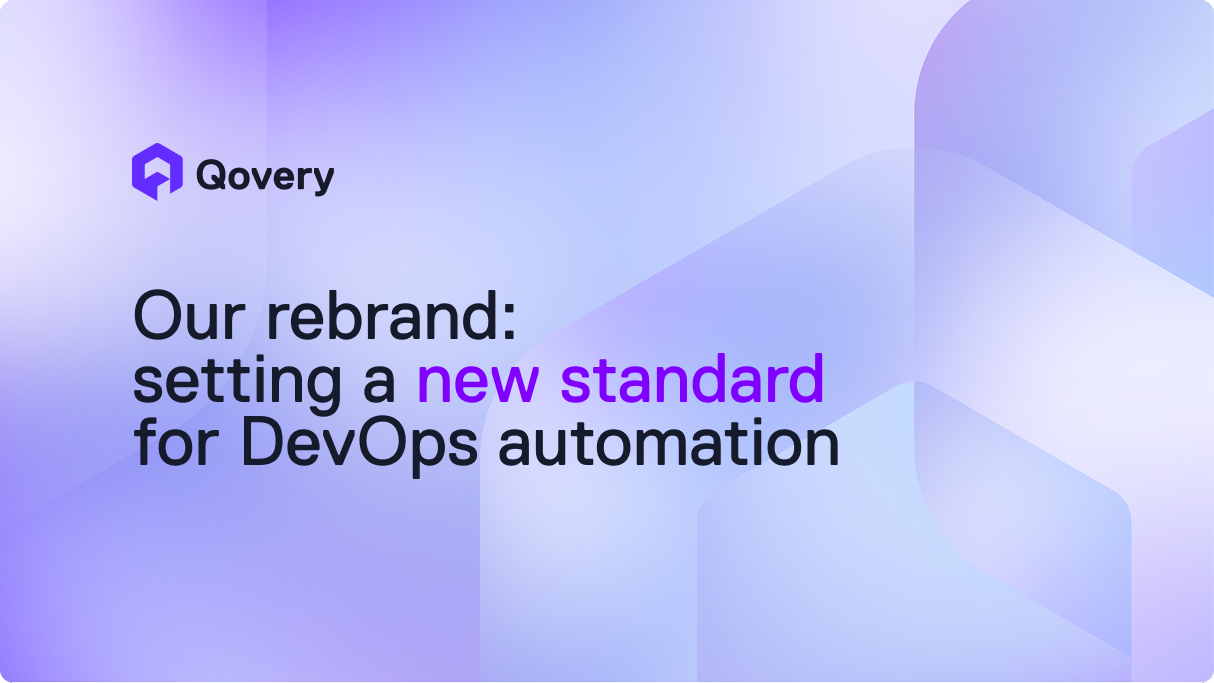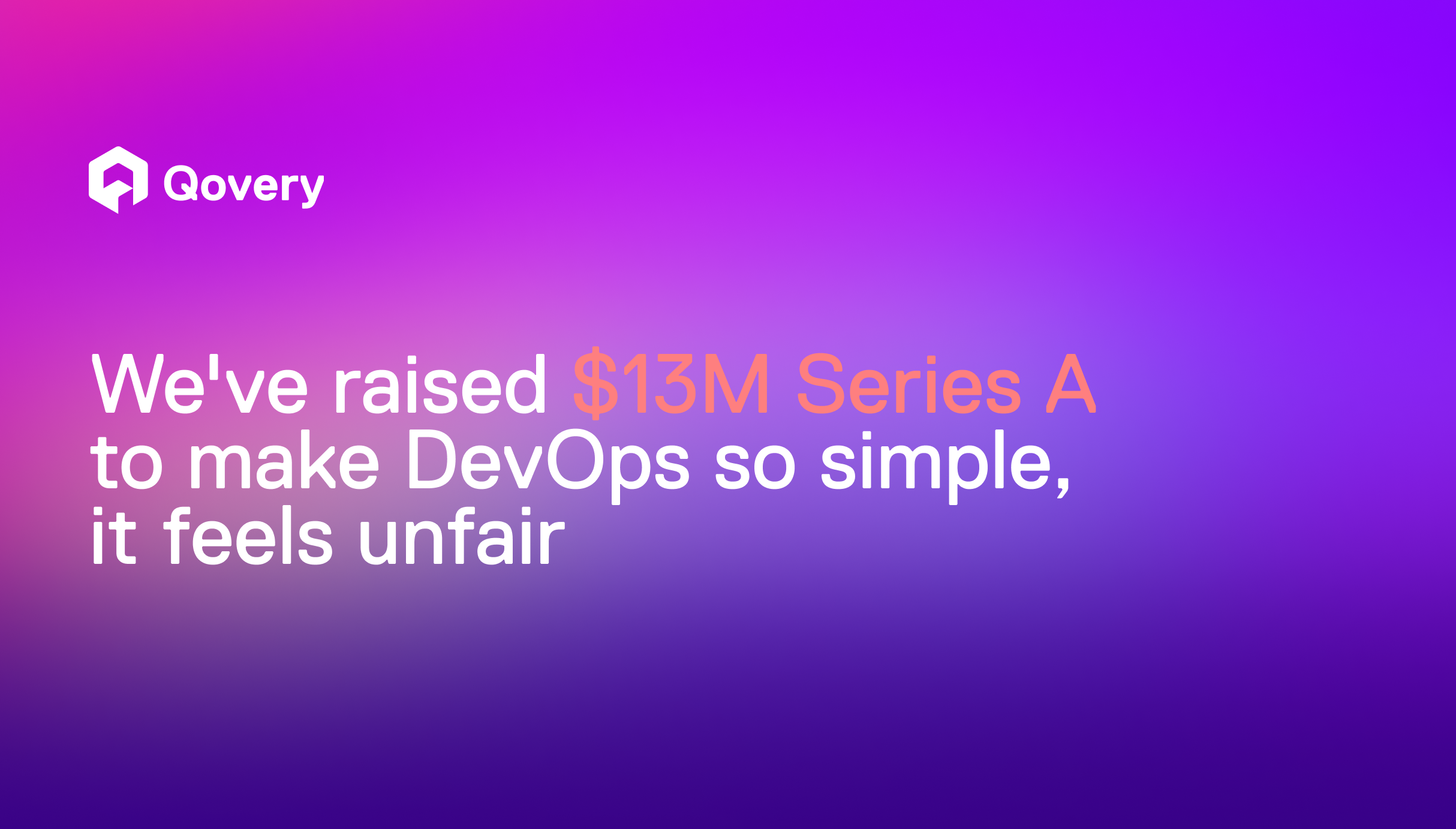



Top 8 Platform as a Service (Paas) Tools in 2024

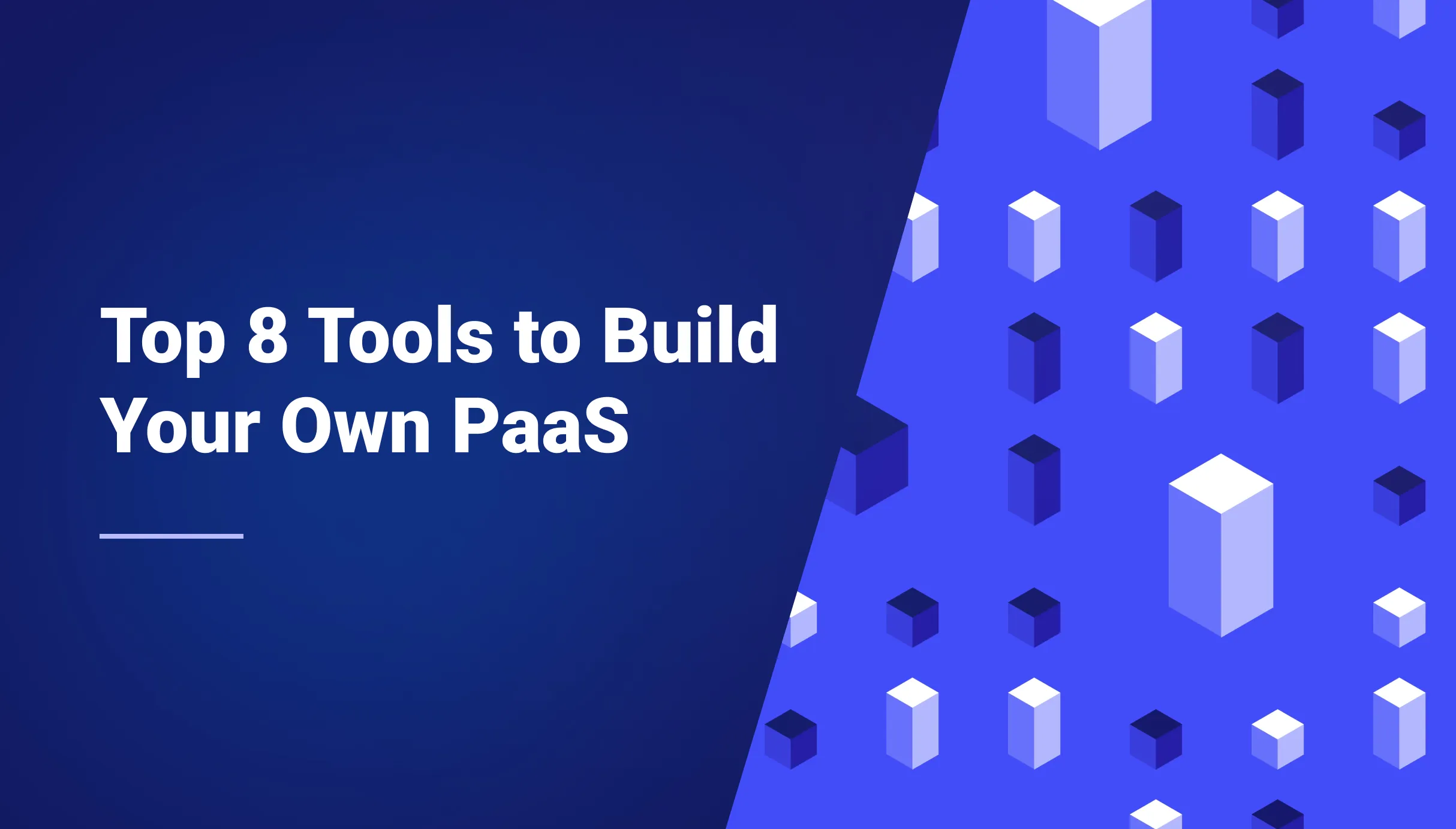

Top 8 Tools to Build Your Own PaaS
There are a number of popular PaaS options on the market today, including solutions offered by cloud giants like Google and Azure, each with its own unique twist. The tools listed below are eight of the most popular or increasingly popular projects that engineering teams are using to abstract the complexities of infrastructure management while still embracing the power of the cloud. They provide various benefits, from managing servers and storage to ensuring seamless application development.
1. Qovery
Qovery is a comprehensive PaaS tool that offers a range of features to simplify the deployment and management of applications. With Qovery, you can easily deploy your applications in various cloud environments, eliminating the complexities of infrastructure setup. Its intuitive and developer-friendly interface, Git integration, and automatic scaling capabilities make it a powerful choice for building a custom PaaS. Qovery's seamless integration with popular frameworks and databases further enhances its appeal.
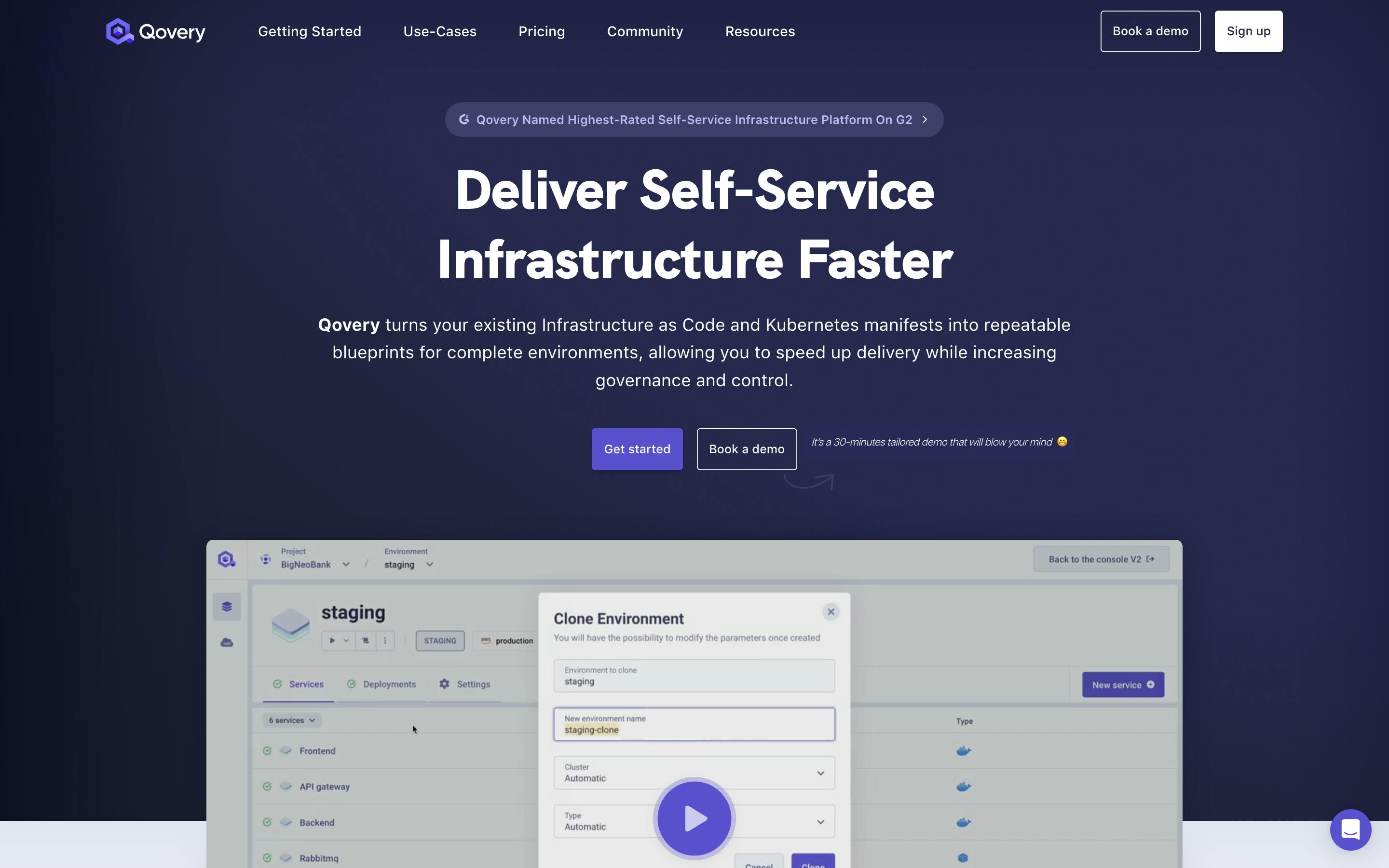
Qovery Key Features
- Automatically installed on your cloud account in 15 minutes!
- User-friendly Interface & Modern UI
- Easy application deployment using Git
- Cronjob, Workers, Custom Domain, TLS, auto-scaling, Environment Variables, Secrets Management, Rollback…
- Preview Environments & Cloning Environments in one click
- Built-in support for AWS
- Advanced Security features (RBAC, Audit Logs, SOC2/HIPAA Compliance)
- Extensibility & Integrations
- Zero maintenance (no infrastructure upgrades, everything is handled by Qovery)
- Business and community support
Qovery: When should you use it?
- When you want a comprehensive PaaS tool that offers seamless deployment in various cloud environments.
- If your team requires Git integration for application deployment.
- When you're aiming for zero maintenance and looking for built-in AWS support.
Pricing
- Free: 100 deployments, 1 production cluster, 5 environments, community support.
- Team ($99 per developer/month): 1000 deployments, 50 environments, 24/5 support.
- Enterprise: Custom deployments, role-based access, extended security, contact for custom pricing.
2. Dokku
Dokku is a lightweight and open-source PaaS platform that simplifies application deployment by leveraging Docker. With Dokku, developers can easily push their applications using Git, allowing Dokku to build and run them in isolated containers. Its CLI-only approach and plugin architecture make it highly extensible. Dokku's modular plugins enable features like database integration, Let's Encrypt SSL certificates, and automated Slack notifications, giving developers flexibility and control over their PaaS environment.
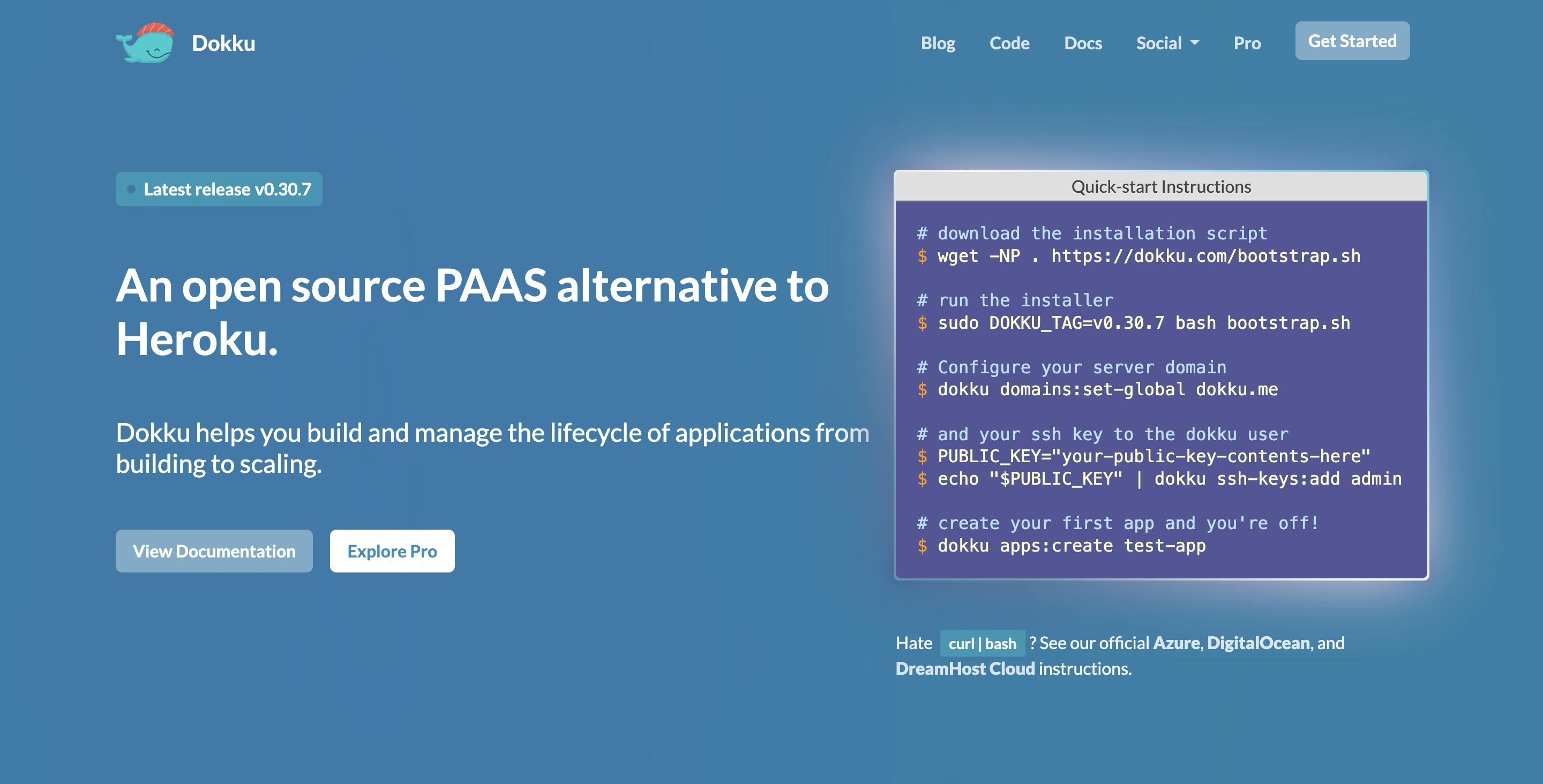
Dokku Key Features
- Lightweight and Easy to Set Up
- Language and Framework Agnostic
- Heroku Compatibility
- CLI client for integrating into existing build tools
- Git-Based Deployment
- Built-in Docker support for advanced usage
- Plugin System and Extensibility
Dokku: When should you use it?
- When you prefer a lightweight, open-source PaaS solution.
- If you appreciate a CLI-only approach and require extensibility through plugins.
- For teams comfortable with Git-based deployments and Docker.
Pricing
- Dokku Pro is available for teams and organizations, and the current pricing reflects discounts for early purchases. All licenses for Dokku Pro are lifetime licenses.
- Dokku is free to download, but there is a paid option available for $849.
- The paid option includes 24/7 premium support, a high-performance build with SLAs, 99.99% uptime SLA, and more.
- Dokku is a free PaaS offering, and users are only required to purchase a Digital Ocean plan if they wish. Dokku is known for its powerful free-to-use features for modern applications.
3. Cloud Foundry
Cloud Foundry is a mature and widely adopted PaaS solution that uses the scalability of Kubernetes to build a simple yet performant PaaS option. It offers robust features such as built-in scaling, logging, and automation capabilities. With Cloud Foundry, you can easily deploy applications across multiple clouds, enabling portability and flexibility. Its extensive ecosystem and support for various programming languages make it an attractive option for enterprises seeking a powerful PaaS solution.
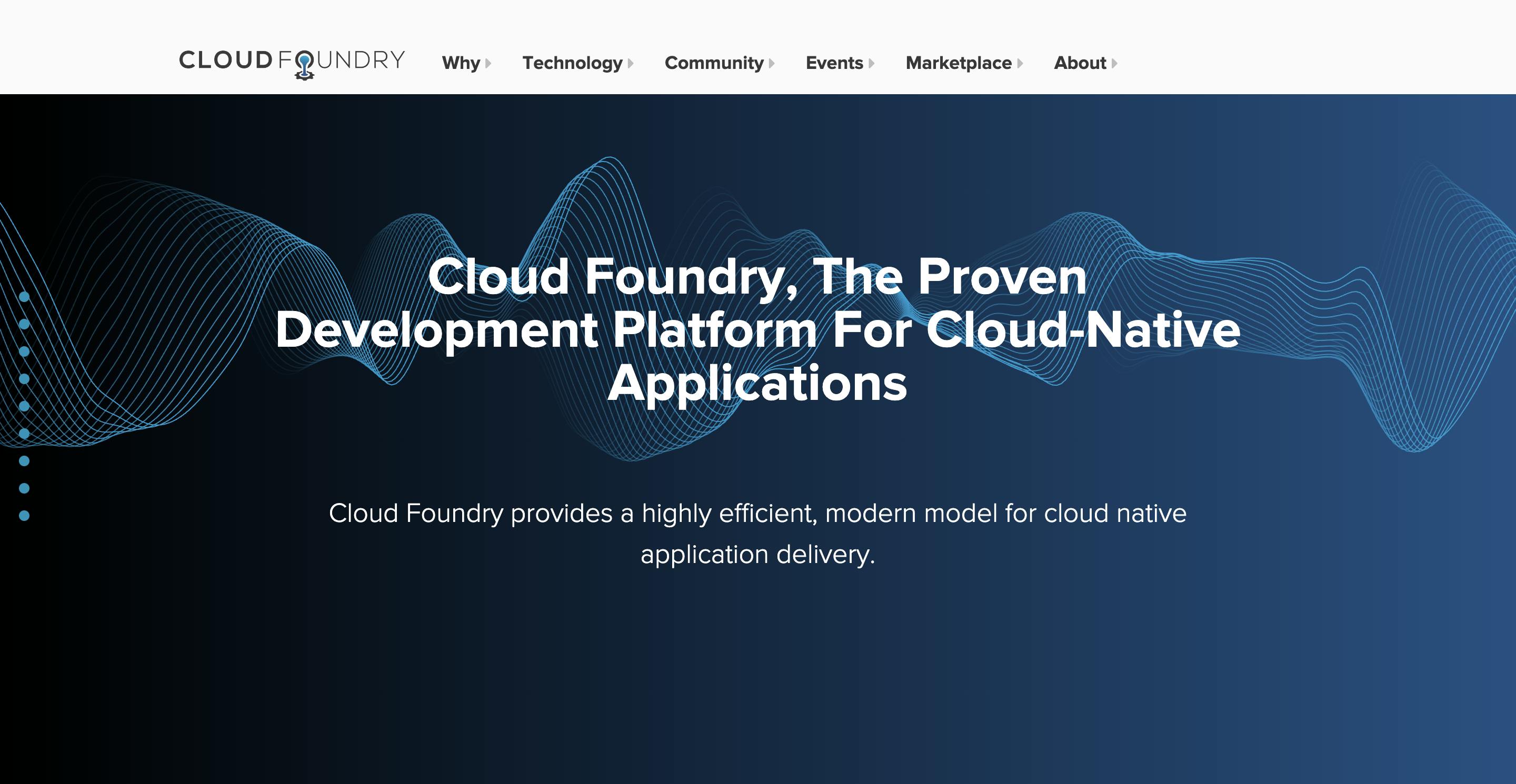
Cloud Foundry Key Features
- Built-in Scaling and High Availability
- Application lifecycle
- Logging and Metrics
- Automation and DevOps Enablement
- Multiple Language and Framework Support
- Built-in service marketplace for enhancing deployment functionality
- Multi-Cloud Deployment
- Flexible infrastructure support through BOSH stemcells
- Community and Support
Cloud Foundry: When should you use it?
- When you need a mature, widely-adopted PaaS solution that leverages Kubernetes' scalability.
- If multi-cloud deployment and extensive programming language support are crucial.
- For enterprises that require a built-in service marketplace for enhanced deployment functionality.
Pricing
- CloudFoundry is a free, open-source cloud computing platform.
- It is supported by the non-profit organization CloudFoundry.
- CloudFoundry is not tied to any specific cloud service and can be self-hosted or run on any preferred cloud service.
- There is no setup fee associated with CloudFoundry.
4. CapRover
CapRover, a popular open-source PaaS solution, emerged in 2017. Developed using TypeScript, CapRover boasts a user-friendly interface that demands just a few commands to kickstart your journey. Leveraging the power of Docker, CapRover supports the deployment of a wide range of applications with minimal overhead. While CapRover's ease of use sets it apart, its standout feature lies in the built-in marketplace offering one-click deployment of popular applications like WordPress and MySQL. This marketplace simplifies the deployment process, significantly reducing the complexity associated with launching applications on CapRover.
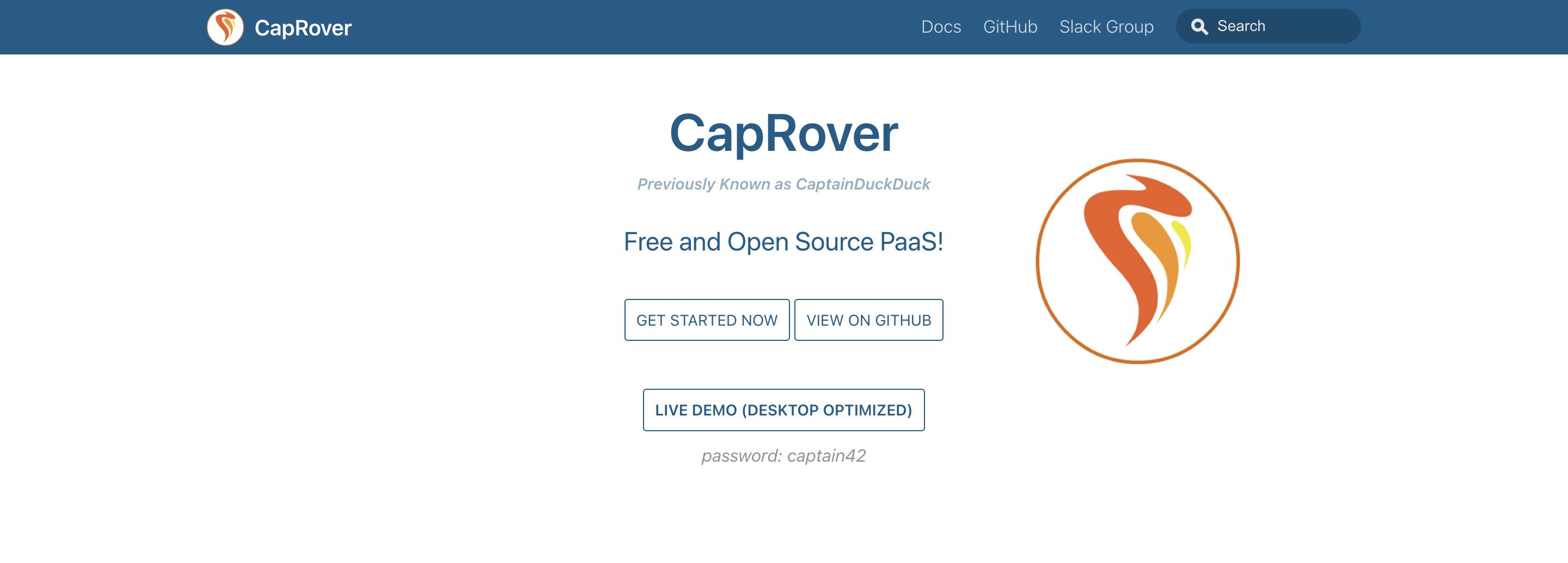
CapRover Key features
- Web GUI for ease of use
- CLI for scripting and automation
- Load balancing with the help of Nginx
- Free SSL certificates using Let’s Encrypt
- Containerization and clustering using Docker Swarm
- Automatic SSL certificate provisioning from Let's Encrypt
- Supports all Docker-based applications
- Built-in marketplace for one-click deploys of other popular open-source applications
CapRover: When should you use it?
- If you're seeking a user-friendly PaaS solution that simplifies deployment through a built-in marketplace.
- When containerization and clustering with Docker Swarm are essential.
- For teams that value ease of use and one-click deployment of popular applications
Pricing
- CapRover is a Free and Open Source Platform as a Service (PaaS).
- There is no external fee associated with using CapRover.
- It is available as a One-Click app in the DigitalOcean marketplace.
5. Coherence
Emerged in 2021, Coherence is a cloud-native PaaS tool focused on providing seamless deployment experiences. It offers intelligent auto-scaling, logging, and monitoring capabilities, ensuring performance and reliability for your applications. Coherence's emphasis on automation and ease of use enables developers to quickly deploy and manage their applications without compromising on quality. Coherence is a relatively young platform that is still evolving, but the product looks promising.
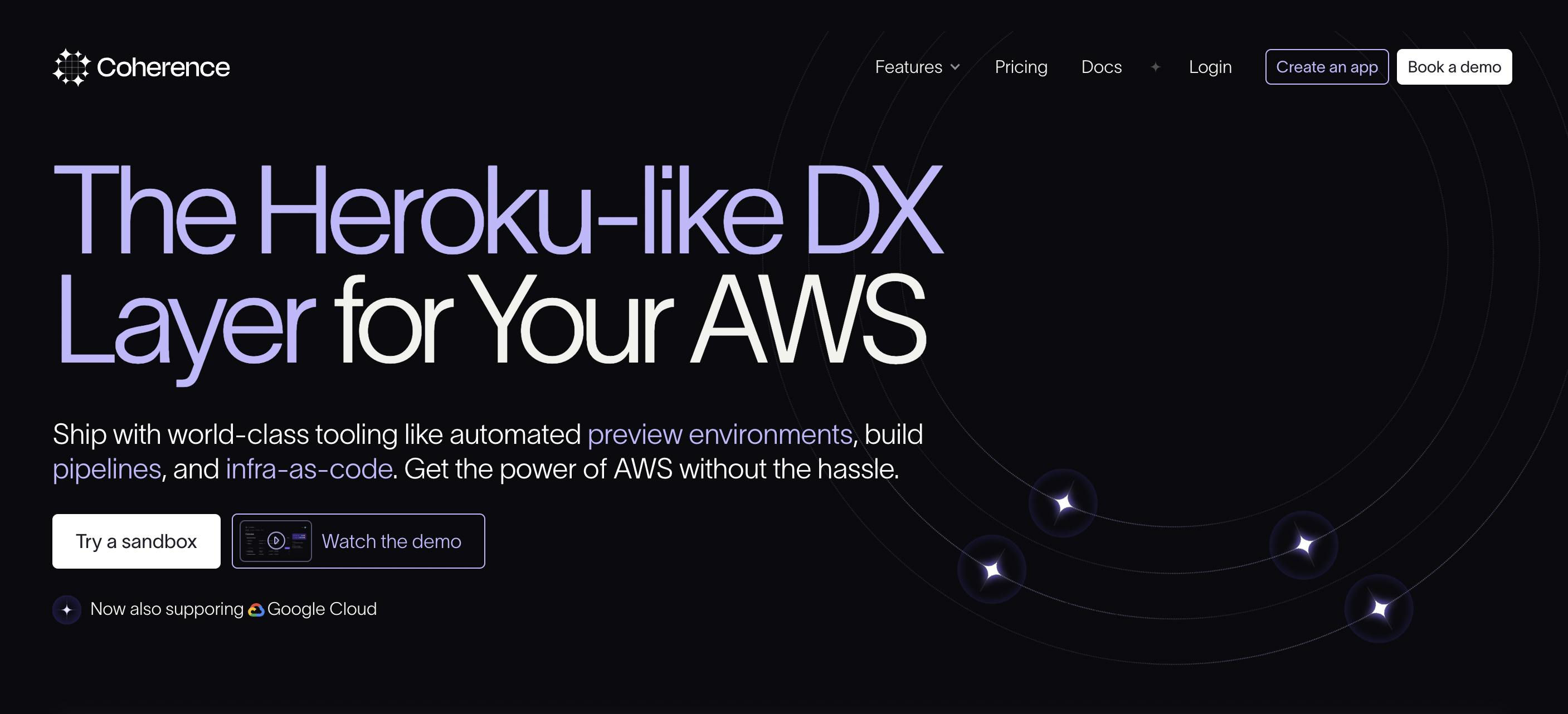
Coherence Key Features
- User-friendly interface
- Automated-infra-as-code
- Managed CI/CD
- Preview Environments
- Auto-Scaling
- Seamlessly integrates with popular DevOps tools and workflows
- Built-in support for AWS
Coherence: When you should use it?
- If you're exploring newer, cloud-native PaaS tools that emphasize automation and ease of use.
- When intelligent auto-scaling and seamless DevOps tool integration are pivotal.
- For developers looking for a platform with a focus on AWS support.
Pricing
- Hobby: Free. Get free credits with AWS or GCP. 100 Builds per month. Limited collaborators.
- Startup: $435 per month (First month free). 500 Builds per month. Limited collaborators.
- Growth: $915 per month (First month free). 1500 Builds per month. Limited collaborators.
- Scale: Custom pricing and builds per month. Unlimited collaborators.
6. Virtuozzo
Virtuozzo is a powerful PaaS tool designed specifically for containers and virtualization. It provides container orchestration capabilities and supports high-density workloads, allowing you to build scalable and efficient PaaS environments. Virtuozzo offers a lite edition that shares most features with its Business and Enterprise counterparts, albeit with certain limitations. But it’s very effective for small applications and saves a lot of costs. Virtuozzo is best suited for e-commerce websites and applications.

Virtuozzo Key Features
- High-Density Workloads
- Automatic vertical and horizontal scaling
- Built-in monitoring and troubleshooting tools
- API, CLI, and SSH access for container management
- Easy integration with popular container ecosystem tools and services
- Container and Kubernetes support
- Support and Expertise
Virtuozzo: When you should use it?
- When your primary requirement is container orchestration for high-density workloads.
- If you're developing for e-commerce websites and applications.
- When you're seeking a cost-effective solution for smaller applications.
Pricing
- Offers a versatile pricing model tailored to meet various customer requirements.
- Provides a Hybrid Cloud Calculator for estimates based on specific needs.
- Pricing may vary based on usage, features, and other factors.
7. Portainer
Portainer is a container management tool that can be leveraged to build a PaaS environment. Its intuitive interface, multi-cloud support, and container orchestration features simplify the management of containers and services. Portainer allows you to monitor resource usage, manage container networks, and deploy applications with ease.
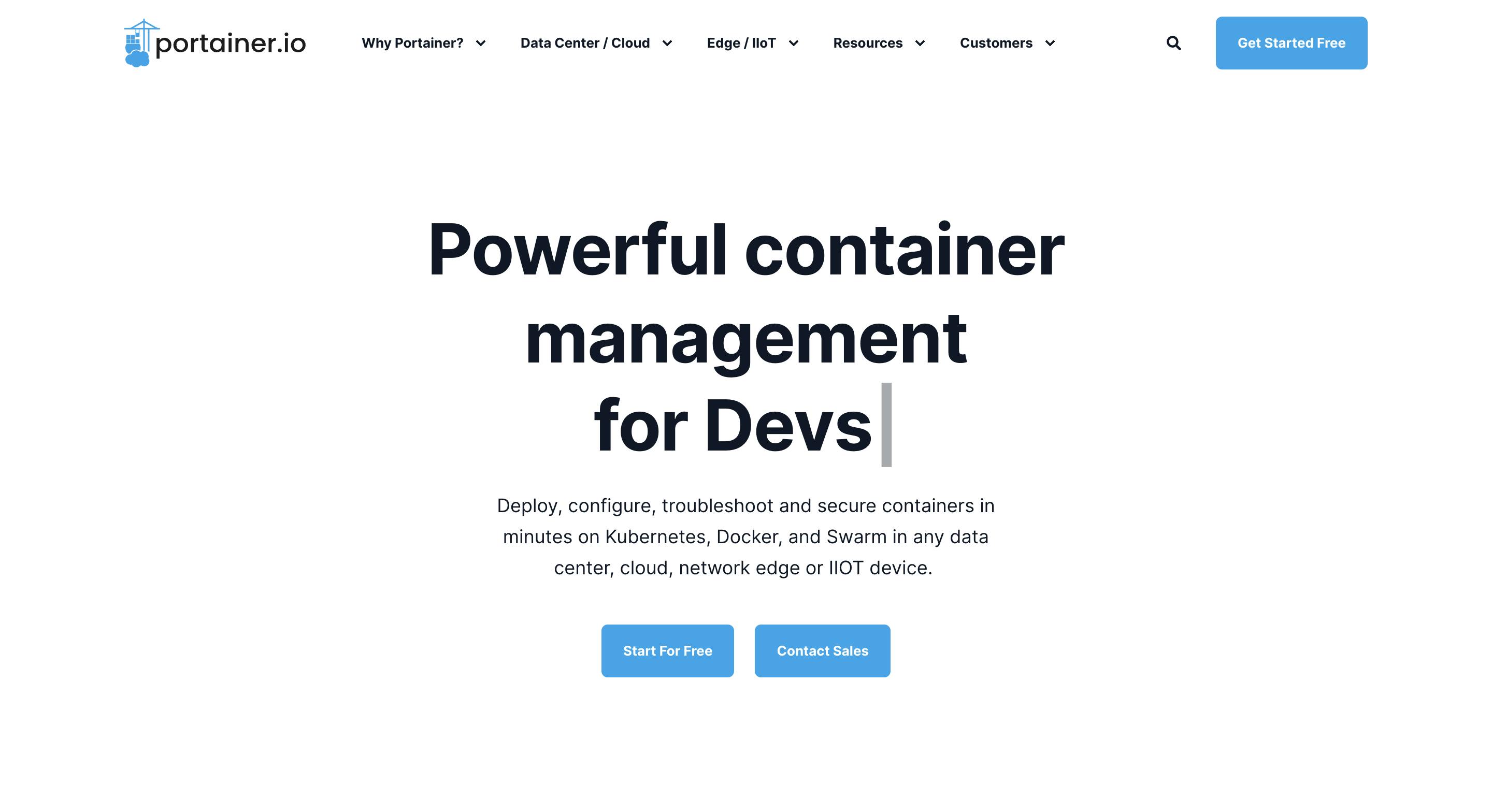
Portainer Key Features
- Intuitive interface
- Multi-cloud support
- Powerful container orchestration tool (supports Kubernetes and Docker Swarm)
- Application templates and stacks
- Automatic stack updates
- Monitoring and logging tools integration
- Extensibility
- Community support
Portainer: When should you use it?
- When you require a tool with a primary focus on container management.
- If multi-cloud support and powerful container orchestration are essential.
- For teams that need an intuitive interface and value community support.
Pricing
- Home & Student ($149/yr): 15 nodes, non-commercial use, community support.
- Starter ($995/yr): 5 nodes, commercial use, prioritized community support.
- Professional (From $2995/yr): Up to 50 nodes, onboarding assistance, 9x5 support.
- Enterprise: Prioritized 9x5 support, assigned success engineer, contact for pricing.
8. Rancher
Rancher is a comprehensive container management platform that offers extensive capabilities for building a custom PaaS environment. It provides advanced container orchestration, networking, and infrastructure management features. With Rancher, you can easily deploy, scale, and manage containerized applications across diverse environments. Its flexibility and scalability make it an excellent choice for organizations looking to create their own PaaS platforms.
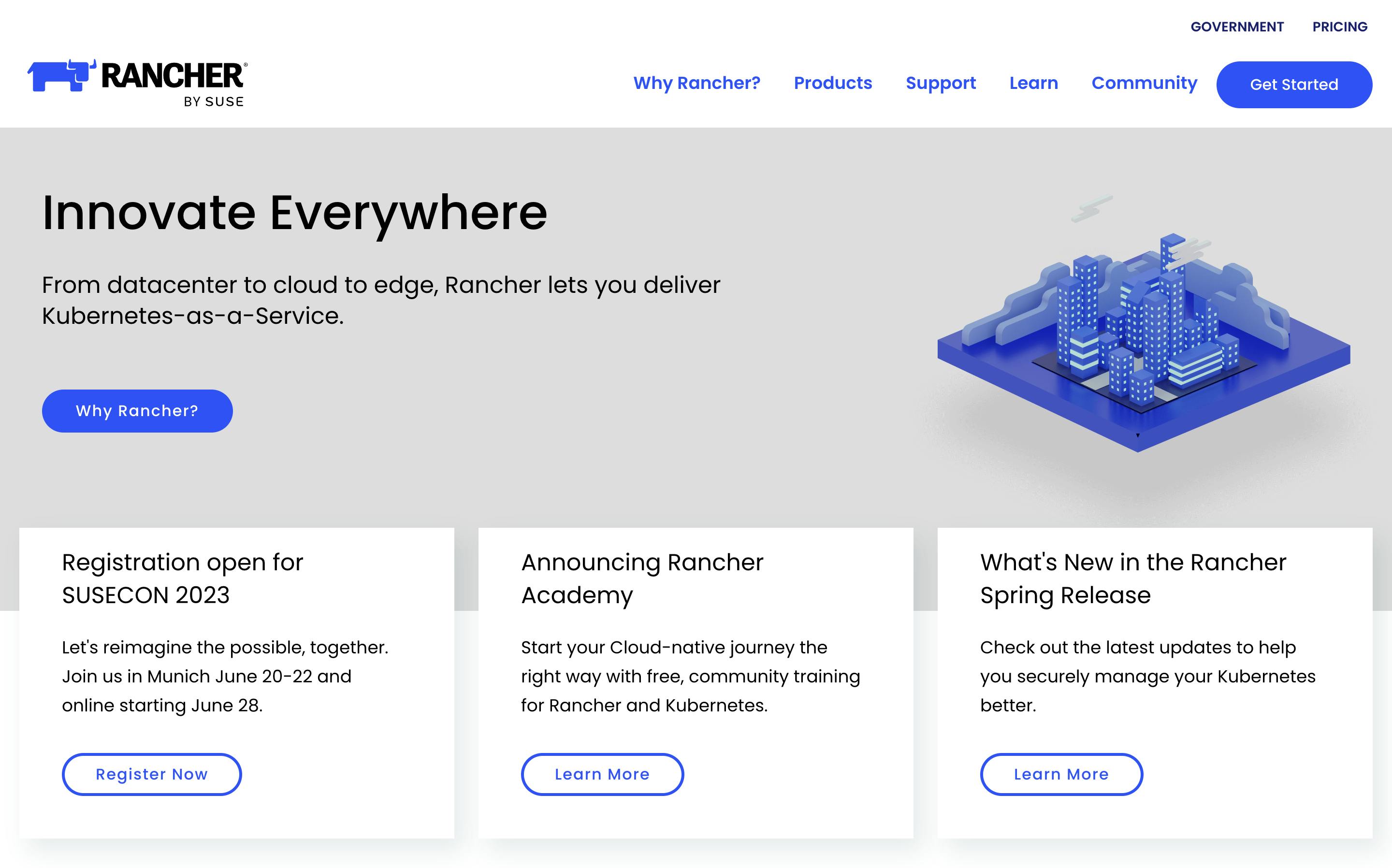
Rancher Key Features
- Container Orchestration & Scheduling (Kubernetes, Docker Swarm, and Apache Mesos support)
- Advanced networking capabilities
- Multi-Cluster Management
- Application Catalog
- Resource allocation & Scaling capabilities
- Extensibility and Ecosystem Integration (supports a wide range of third-party integrations)
- Observability & Alerts
- Community and Support
Rancher: When should you use it?
- If you're looking for a comprehensive container management platform.
- When advanced container orchestration and multi-cluster management are crucial.
- For organizations that value flexibility and scalability in their PaaS solution.
Pricing
- SUSE Rancher Pricing Overview:
- Subscription license: $7,594.99 per year (up to 500 nodes).
- Standard Subscription: $11,234.99 per year (10 nodes).
- Priority Subscription: $30,514.99 per year (10 nodes).
- Management Server Priority Subscription: $41,830.99 per year (1 instance).
Conclusion
Building your own PaaS using the right tools can revolutionize your application deployment and management processes. From comprehensive DevOps Automation tools like Qovery and Cloud Foundry to lightweight options like Dokku and CapRover, these tools offer a range of features and functionalities to suit different needs. What’s next? Go ahead and try the above tools to build your own PaaS. Most of them are open-source or offer a free plan like Qovery.

Suggested articles
.webp)



.svg)
.svg)
.svg)
